












Through her friendship with teenage siblings Aníbal and Orianny Moreno, who have sickle cell anemia, Milena Pérez was able to grasp the meaning of a phrase she used to hear at mass when she was a little girl: “Thou shalt love thy neighbor as thyself.” She learned how small acts of solidarity can change lives, not only that of others, but her own. This is the second installment of our #HaySegundasPartes [#SecondParts] series.

In January 2018, La Vida de Nos published the story“Todo pasó tan rápido”, [It All Happened So Fast], where Olga Meza recounted the circumstances surrounding the murder of her 16-year-old son Ángel Joel at the hands of police officers in the state of Nueva Esparta. She, her husband and their three children were a close-knit family. In this installment of our #HaySegundasPartes [#SecondParts] series, we take a look into what has become of them three years later.
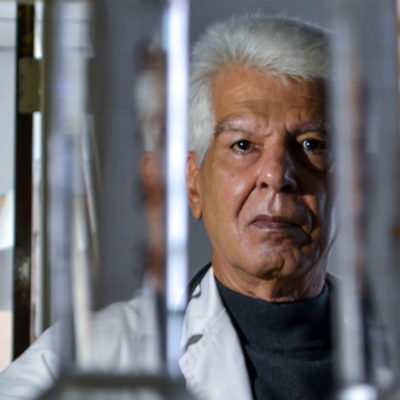
Medical geneticist Venancio Simosa has dedicated his life to studying rare diseases. The country’s crisis has left him without colleagues and students, and without patients who can come to his office. He has had no choice but to continue his work through remote consultations over the phone with other physicians. He is one of the few medical doctors remaining in Venezuela with a specialty that is, at present, as rare as the diseases it studies.
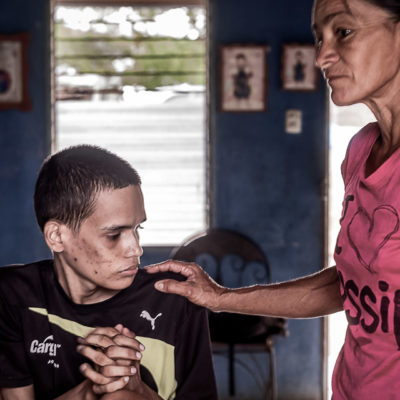
Obe is 22 years old and suffers from cognitive deficit, organic psychosis, psychomotor agitation, and malnutrition. Margarita and Robert, his parents, do not let go of his hand, even if at times he does not know who they are. They do everything in their power to make sure that he gets the medical treatment they cannot afford to buy.
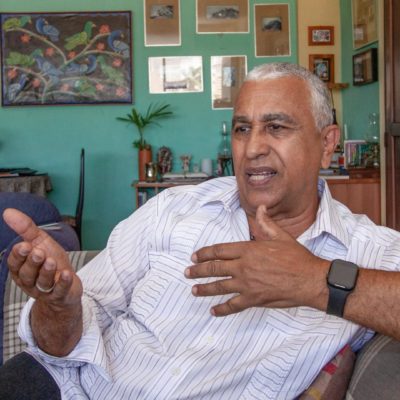
The Venezuelan Federation of Psychologists launched a program to offer free emotional support to people who could feel overwhelmed by the COVID-19 pandemic. As he had done in the past with other volunteer services, Román González joined the initiative. He is currently the only psychologist taking requests from the states of Anzoátegui, Sucre, and Monagas. […]
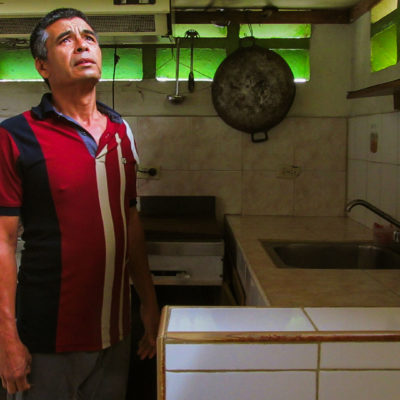
During the oil strike of 2002, José Gregorio Araujo opened a small family-run Italian restaurant in Sabanetas, a mountain village on the outskirts of the city of Trujillo, in the Venezuelan Andes. Eighteen years later, they had to reinvent themselves to stay afloat. Photos: José Cordero José Gregorio Araujo is cooking a pasta sauce. […]
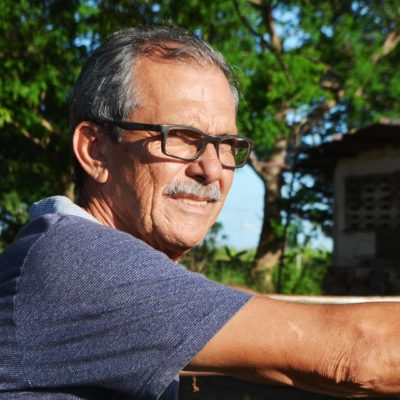
Rolando Sosa inherited the Fundo San Luis from his father. It sits in Calabozo, state of Guárico, right in the Venezuelan plains. He planted grass and corn and raised cattle on 200 hectares. In December of 2008, the property was broken into by people who argued it was idle land and that they were determined […]
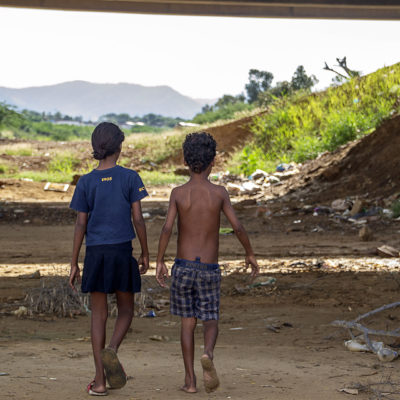
Marimar lives with her 11-year-old twins and a 10-month-old grandson in Las Bateas de Maurica, a village near Barcelona, the capital of the state of Anzoátegui, in eastern Venezuela. More often than not, she gets up in the morning not knowing for sure if they will have something to eat during the day. Photos: Samir […]
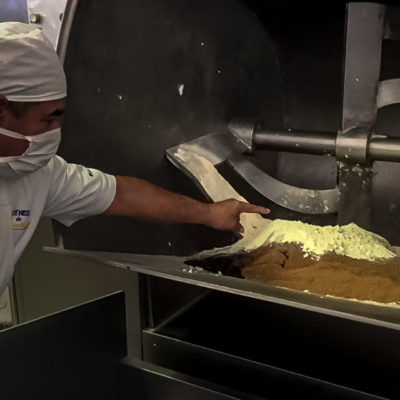
For years, the plastic artist Jesús Pernalete has dedicated himself to fighting hunger amongst his students in Barquisimeto, state of Lara, through projects and foundations that have provided them with a hot meal. No longer able to continue pursuing his mission, as the crisis in Venezuela escalated, he and his team had to look for other ways to helping children overcome malnutrition.
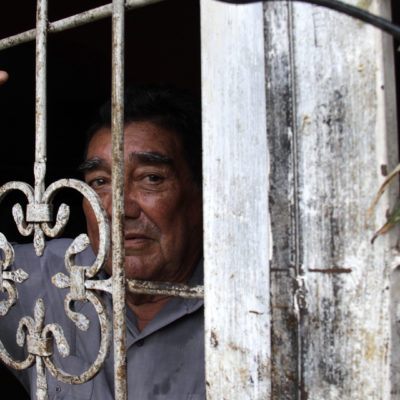
From an early age, Alcides learned the business of crop farming and sale from his father. Every morning, they would hop on a truck and drive to markets in Caripe, the town in the state of Monagas where they lived, and other towns nearby. They felt that the trade would always bring them prosperity.